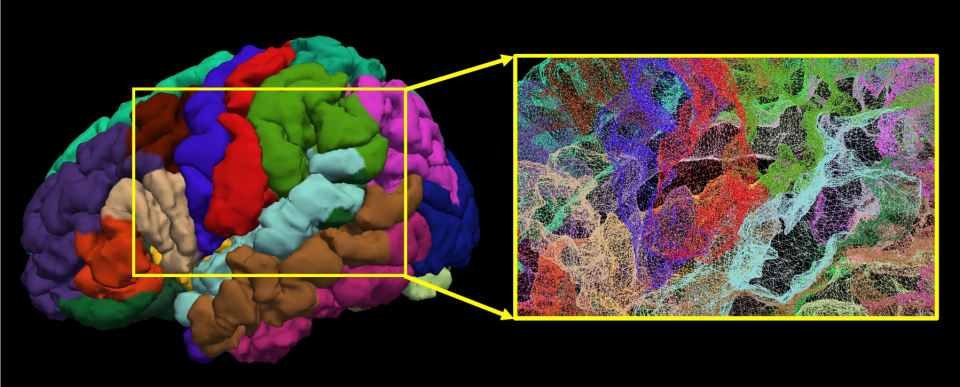Award or Grant: National Institutes of Health (NIH) (R01NS061848, U54NS065768). The Lysosomal Disease Network (U54NS065768), which is part of the National Center for Advancing Translational Sciences (NCATS) Rare Diseases Clinical Research Network (RDCRN).
Late infantile neuronal ceroid lipofuscinosis (LINCL) is a rare uniformly fatal pediatric neurodegenerative disease resulting from a mutation in the CLN2 gene. Our work resulted in the creation of the first magnetic resonance imaging (MRI) disease severity score (MRIDSS) combining whole brain measures of the apparent diffusion coefficient (ADC), volume percentage of cerebrospinal fluid (%CSF), and N-acetylaspartate/creatine (NAA/CRE) ratio. This MRIDSS correlated well with the neurological rating scale also developed at our institution. This marker is now being used as an outcome measure in a gene therapy trial to treat the disease.
Related Publications: (1) Dyke J.P., et al., Assessing Disease Severity in Late Infantile Neuronal Ceroid Lipofuscinosis Using Quantitative Magnetic Resonance Diffusion-Weighted Imaging, Am. J. Neuroradiol,, 2007: 28:1232-1236. (2) Dyke J.P., et al., Assessment of Disease Severity in Late Infantile Neuronal Ceroid Lipofuscinosis Using Multiparametric Magnetic Resonance Imaging, Am. J. Neuroradiol.: 2013;34:884-889. (3) Dyke J.P., et al., Brain Region Specific Degeneration with Disease Progression in Late Infantile Neuronal Ceroid Lipofuscinosis (CLN2 Disease), AJNR: 2016;37:1160-1169. (4) Schulz A., et al., A. Study of Intraventricular Cerliponase Alfa for CLN2 Disease, N. Engl. J. Med.: 2018;378:1898-1907.


